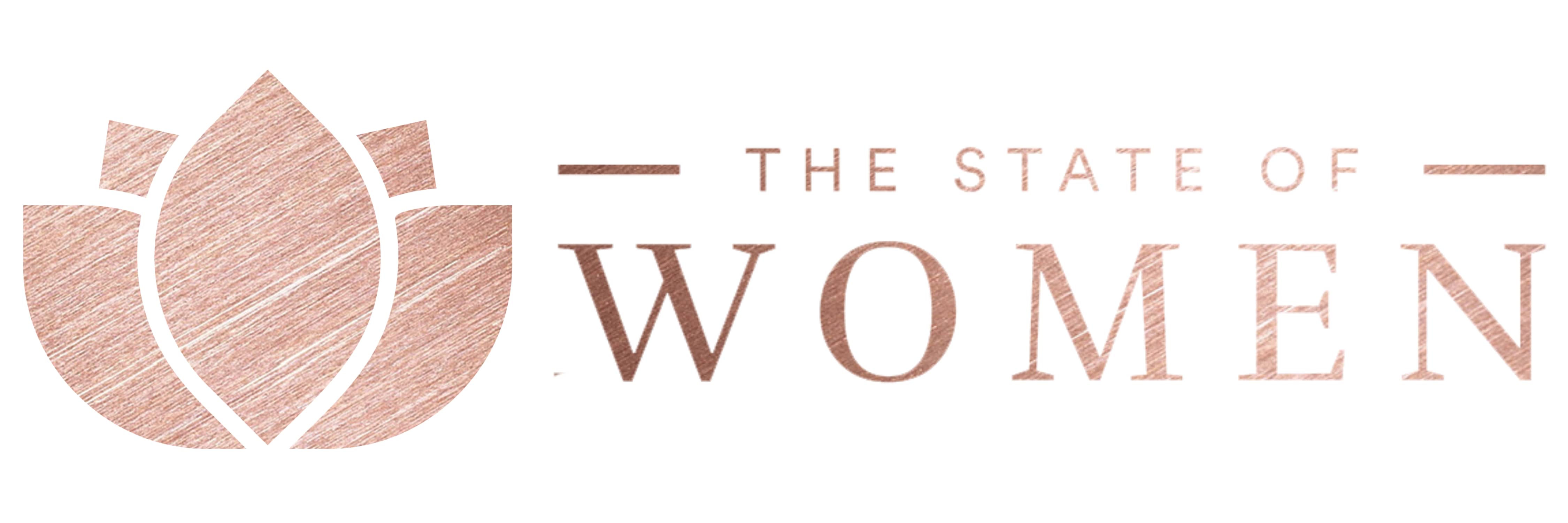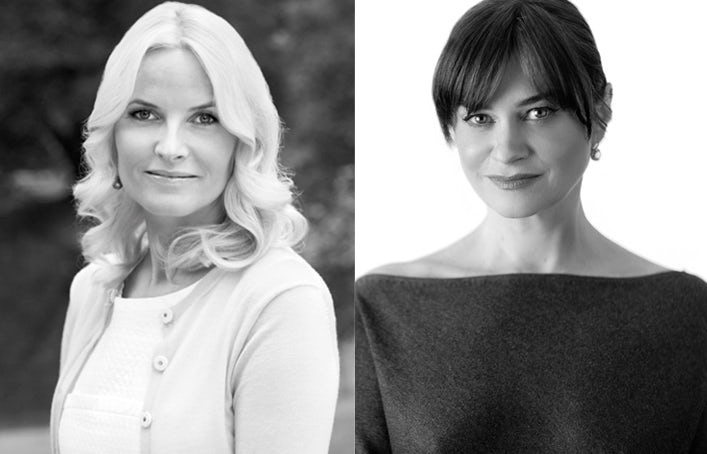This article originally appeared on the Women’s Advancement Deeply newsletter, and you can find the original here. For important news about issues that affect women and girls in the developing world, you can sign up to the Women’s Advancement Deeply email list. Follow them on Twitter at @womenND, or on Facebook at /womenND.
Frustrated by the lack of women philanthropists on the world stage, Kate Roberts and Crown Princess Mette-Marit of Norway set up their own network of donors to invest in women and girls. Roberts spoke to News Deeply about their outlook.
DAVOS, SWITZERLAND – Kate Roberts was sick of “manels.” After years of regularly attending the World Economic Forum, the senior vice president at Population Services International felt she wasn’t hearing from enough women, nor hearing enough about them.
At her first meeting in the Swiss ski resort, she says, “I immediately noticed two things: the lack of women at Davos – the lack of women philanthropists on the podium – and the need to have more women and girl-centered programming in development.”
This year, it seems the organizers of the annual gathering of politics and business leaders have gotten the hint. While the list of attendees is still overwhelmingly male, for the first time in its history the event’s eight co-chairs are all women, including managing director of the International Monetary Fund Christine Lagarde and Norwegian prime minister Erna Solberg.
It’s in partnership with Solberg’s fellow Norwegian, Crown Princess Mette-Marit, that Roberts is trying to get more women involved in philanthropy, and to ensure more are on the receiving end of it.
In 2016, the two women cofounded the Maverick Collective, assembling a coterie of female donors to invest in health projects that help women and girls in the developing world.
Women’s Advancement Deeply spoke to Roberts in Davos about the Maverick Collective’s approach to giving.
Women’s Advancement Deeply: Your goal is to lift women and girls out of poverty. Why did you feel philanthropists should focus on improving health as opposed to education? What was it about health as a gateway?
Kate Roberts: Health is at the center of everything. If you’re not healthy, you can’t go to school. If you’re not healthy, you can’t go to work. If you’re not healthy, you cannot be the caregiver of the family.
We see the link to education, which is a very close second, and probably what we’re going to focus on next. But we wanted to prove this model with what we knew best, and we also had these big bets in mind that are gargantuan. We want to end AIDS in our lifetime. We want to see the end of cervical cancer in our lifetime. We want 250 million women to have access to contraception. These are big tasks.
That’s where we’re starting, but education intersects every step of the way. Agriculture will probably be next.
Women’s Advancement Deeply: Does private money go further on the ground than government aid or money from large international donors, do you think?
Roberts: It goes much further. The reason is that large international donors do not fund innovation. You’re not allowed to fail with that money. Governments, by and large, or donors, will give you money, but for something that’s proven, so that their money is safe and that you can write a report of success.
When we work with Mavericks, it’s risky. And it’s flexible, so we can fail fast and then pivot and invest in something else if we realize that this is not working. You can’t do that with traditional funders.
Women’s Advancement Deeply: Critics of project-based development say that communities can risk ending up back where they started, or worse, when the project ends. How do you ensure the sustainability or the overall long-term impact of the project on the ground?
Roberts: Maverick Collective was actually designed to test out sustainable solutions. We’re not about aid. We don’t believe in aid. We believe in testing out long-term sustainable projects that are usually linked to the private sector.
There’s $5 trillion at the bottom of the economic pyramid. That means that our beneficiary, who we’re looking to serve with this, does have spending power. If she can afford to buy a health service or buy a health product, we want her to do that because that’s going to lead to building local capacity, to having solutions that work locally in the field, and that can survive without us. We want to be out of a job.
Women’s Advancement Deeply: Can you tell us about a Maverick Collective project that has been particularly successful?
Roberts: We started a project in India that is very simple. We had learned that if you dab a woman’s cervix with household white vinegar, you can detect signs of cervical cancer, because it bubbles up. Then, quite simply, what we do is, we freeze off the cancerous cells. It costs about a cent for this whole intervention. In the developing world, diagnostics are very limited, so we need to find very simple, effective solutions.
We started this project thinking that it would be a private-sector adoption, and very quickly we discovered that we had the interest of the government, who were watching and hearing about what we were doing. They came to us and they said, “We’d like to adopt this within the government public health clinic system.” They adopted it in Uttar Pradesh, and they’re now reaching up to 24 million women with this intervention.
For us, this is a real success, because this can go to enormous scale in a country like India, and then of course be adopted in the region, and also in Southeast Asia and beyond.
Women’s Advancement Deeply: Is the Maverick Collective using an economic approach that considers women and girls to be strong investments? Or more a rights-based approach, to invest in women and girls because they deserve human rights? How do you put the two together?
Roberts: They are on a par with each other. It’s a proven fact that if we invest in girls and women, we can work our way out of poverty. It’s a strong economic investment. All the facts and figures speak to that. So investing in a woman is a no-brainer.
But quite frankly, I don’t even talk about equality anymore, because, for me, it goes without saying. Why is a woman different from a man? We bring just as much to the table, if not more. It’s just not a human right anymore, it goes without saying that we deserve it.



